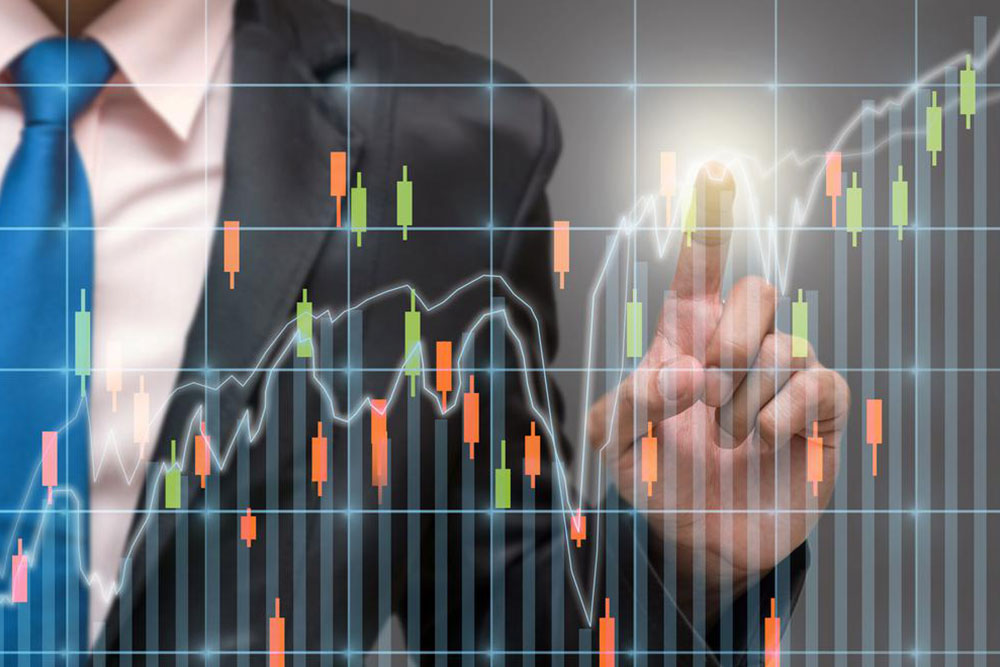5 times the stock market crashed
When it comes to the USA stock markets, bubbles are just about everywhere “ whether it is the dot com bubble, the stock bubble, the real estate bubble, the financial asset bubble and so on. This article compiles the biggest stock market crashes in United States’ history which shaped the country, lost the economy billions of dollars and affected not just the nation but the entire world.
The 1929 crash: After the Roaring Twenties came the Black Tuesday crash of October 29th, 1929. Since speculation had ruled the roost for the decade, the stock market had peaked by 1929 and then plummeted royally, becoming the ruin of many.

The 1869 crash: In the mid-1860s, the US government was in dire straits of money to rebuild the country after the Civil War ended, so they bought massive amounts of public debt, which the public believed would be bought back with gold. Jay Gould and James Fisk decided to take advantage of the same to make their millions, the result of which was that gold prices skyrocketed and stocks ended up crashing badly.
The 1987 crash: After that came 1987’s Black Monday, when the spectacular bull market run of the economy, that began in 1982 and was fueled by businesses, ended badly. Infamously known as the largest one-day market crash in history, the crash causes the Dow Jones to drop by as much as 22.6% of its value.
The late 1990s dot-com crash: The highly-speculative Dot-com bubble existed around the mid-late 1990s when the shares of early internet companies called Dot-coms soared to astounding heights on the NASDAQ stock index, making people rich. Excessive risk-taking took place due to the belief that the technology would create a New Economy, resulting in astronomical and inaccurate valuations and negative earnings. Early 2000 saw the stocks crash and NASDAQ crash by 4,000 points in a span of 2 years.
2010 flash crash: May 6th, 2010 was a red-letter day in US stock market history when all hell broke loose when the Dow Jones fell 1000 points, only to recover them 20 minutes later. While it may have seemed done and dusted, the market experienced several other flash crashes since then, and volatility increased when the public became hesitant to trust computers with their money. The worst part was no one could identity how or why the event happened.

